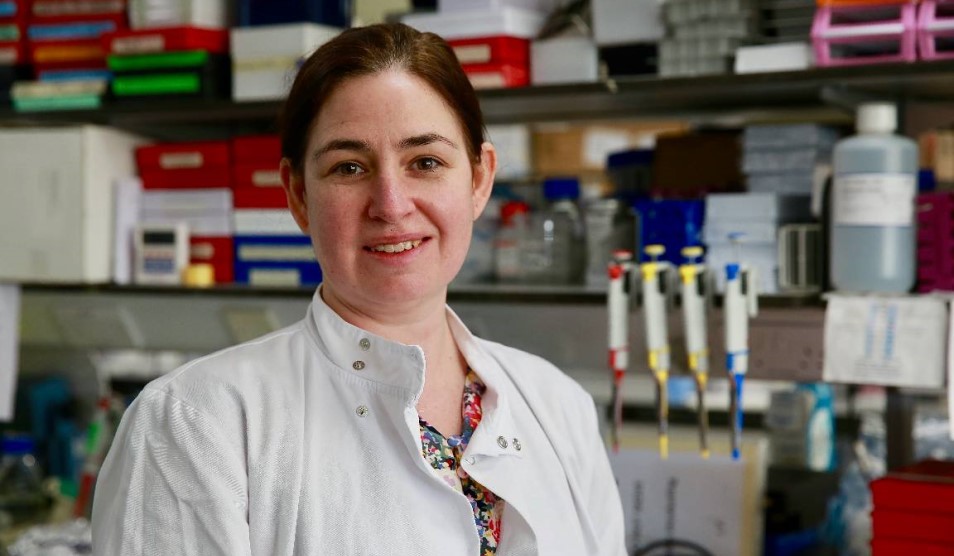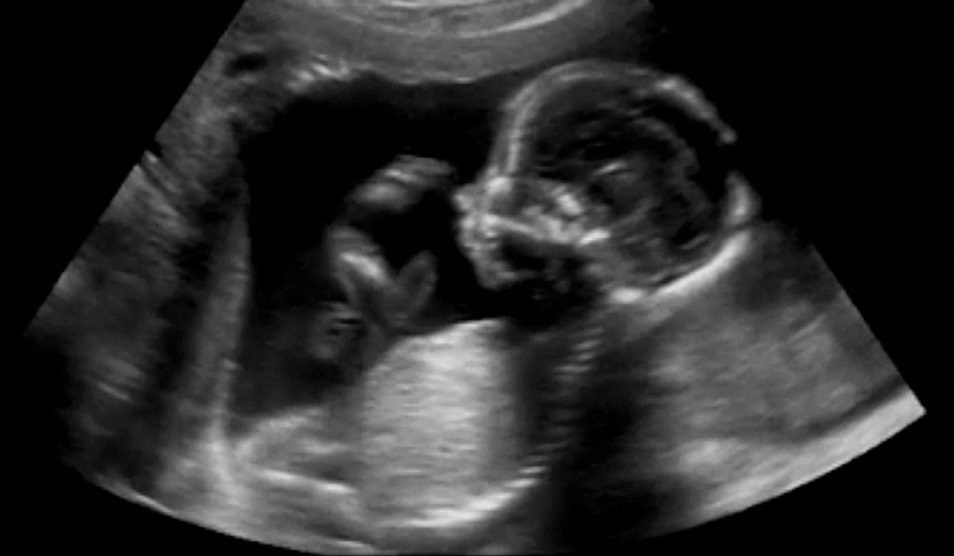Study at Trust shows changes to bacteria could help spot those at risk of giving birth prematurely
A study of pregnant women at Queen Charlotte’s and Chelsea Hospital, carried out by researchers from Imperial College London, has shown that changes to bacteria could help spot those at risk of giving birth prematurely.
According to the researchers, the findings show that a shift away from the usual healthy balance of vaginal bacteria was associated with waters breaking early, and could have an impact on the health of mother and baby.
In a paper, published today in the journal BMC Medicine, the researchers also highlight that, whilst the standard national guidance to prescribe antibiotic treatment to women whose waters break early can help reduce infection in the wide majority of cases, for a small subset of women it may actually be detrimental. They explain that for this small subset of women the treatment, administered as a protective measure in hospitals, can disrupt the balance of microbes by wiping out the ‘good’ bacteria and allowing more harmful bacteria to take their place.
Dr David MacIntyre, from the Imperial Institute of Reproductive and Developmental Biology, said: “This study is one of the first to show that around almost a half of pregnant women may have an unbalanced vaginal microbiota before premature rupture, providing further evidence of the role of bacteria in some cases of premature births.
“Our findings identify two different groups of women with premature rupture – one group in which targeted antibiotics may be beneficial and the other in which this same treatment may actually be detrimental.”
The group adds that further studies are needed to assess current clinical guidelines for women with premature rupture and that developing alternative ways to treat women, such as using more selective antibiotics, could potentially improve outcomes for women and their babies.
Professor Phil Bennett, a Professor of Obstetrics and Gynaecology at Imperial , said: “All of the women in this study were treated in accordance with national and hospital guidelines, which suggests more focus is urgently needed to see if these guidelines are appropriate and effective.
“Our findings could have important implications for the use of antibiotics as a preventative measure for these women, which is the recommended course of action in the UK and other countries, including Canada, Germany, Australia and New Zealand.”
Dr Richard Brown, a Clinical Research Fellow at Imperial and first author of the study, added: “Our results suggest that a more personalised approach targeting only those women likely to benefit from antibiotics may prove more beneficial than the current 'one treatment fits all' approach.”
The research was funded by the Medical Research Council, the National Institute for Health Research and the Genesis Research Trust.



